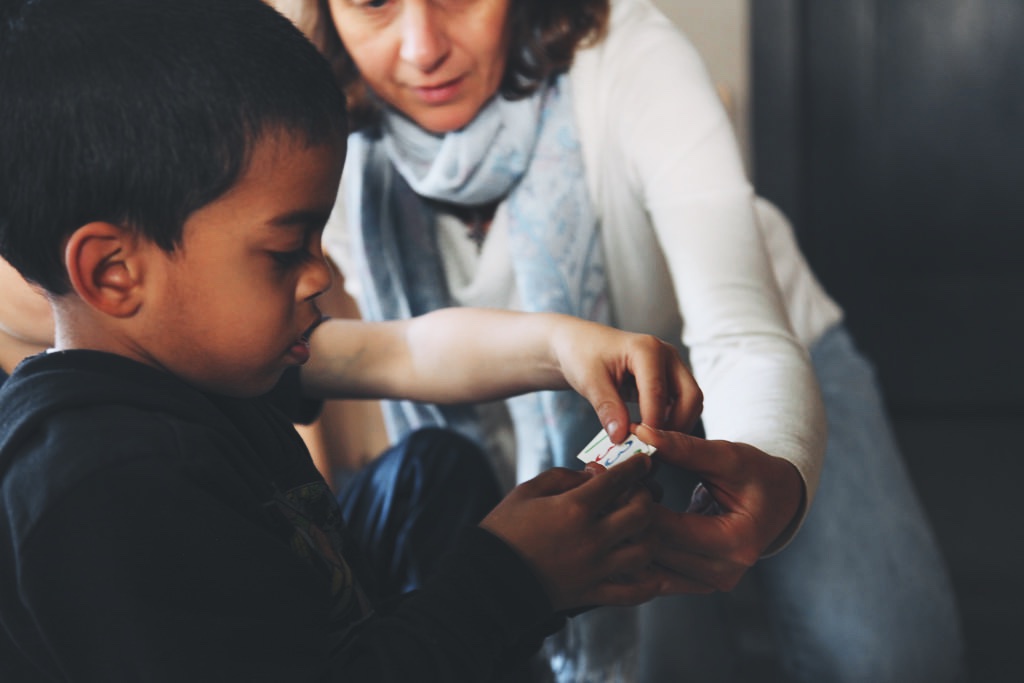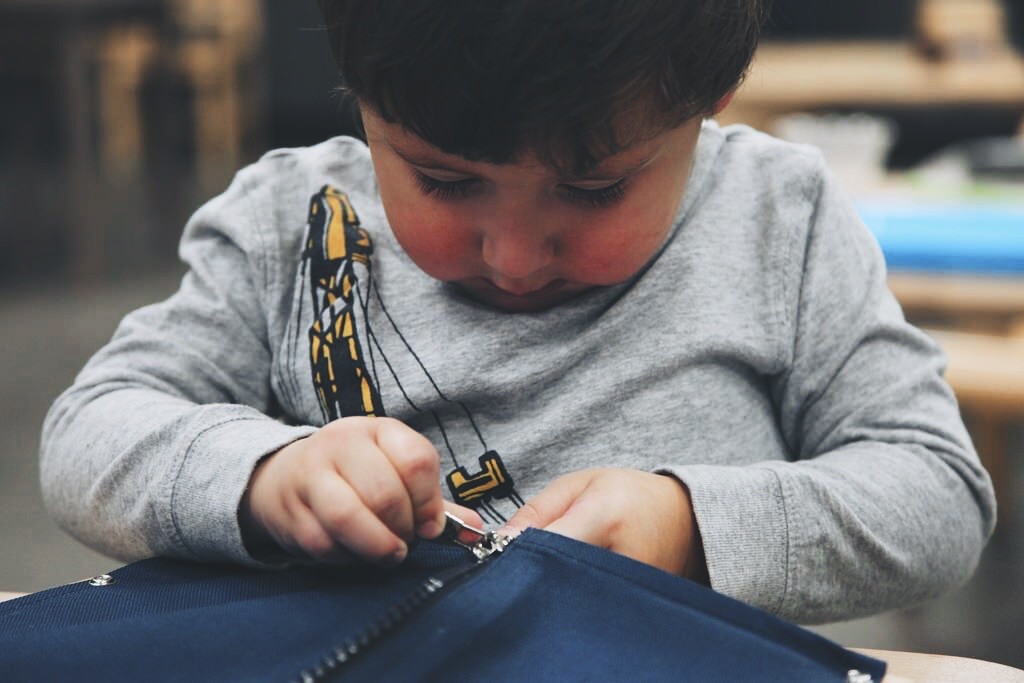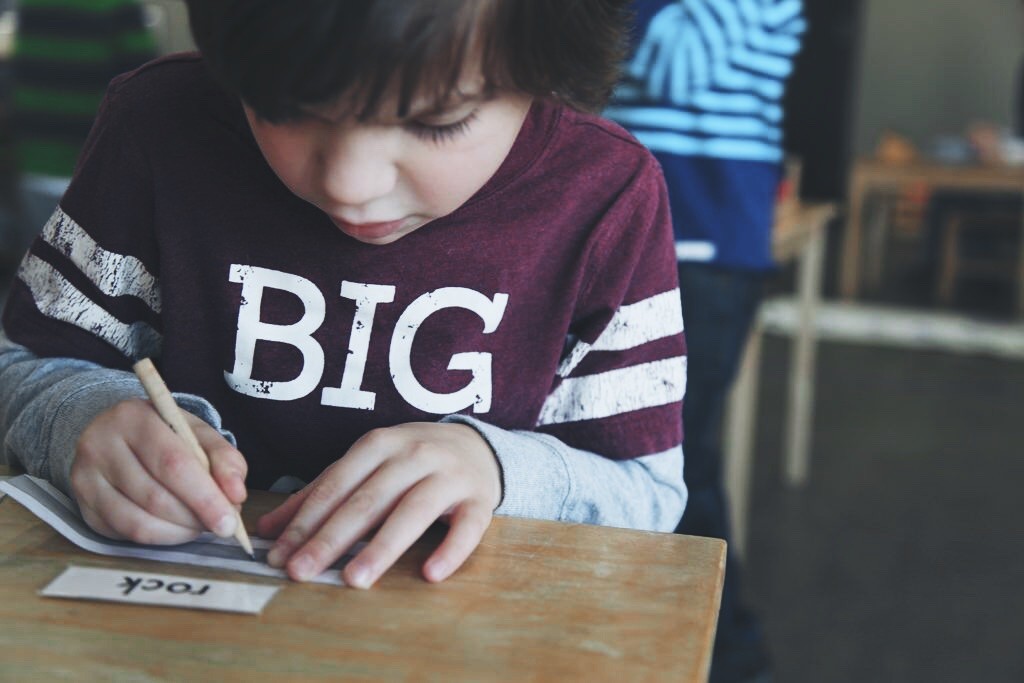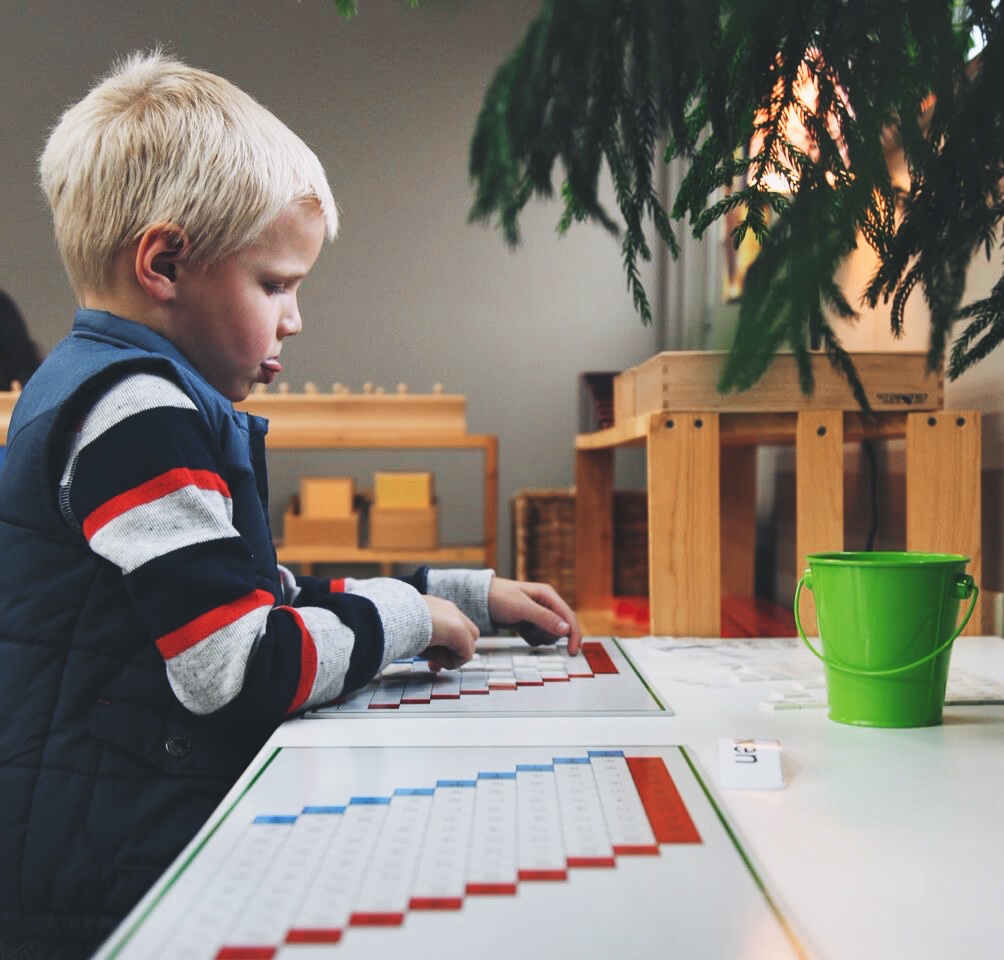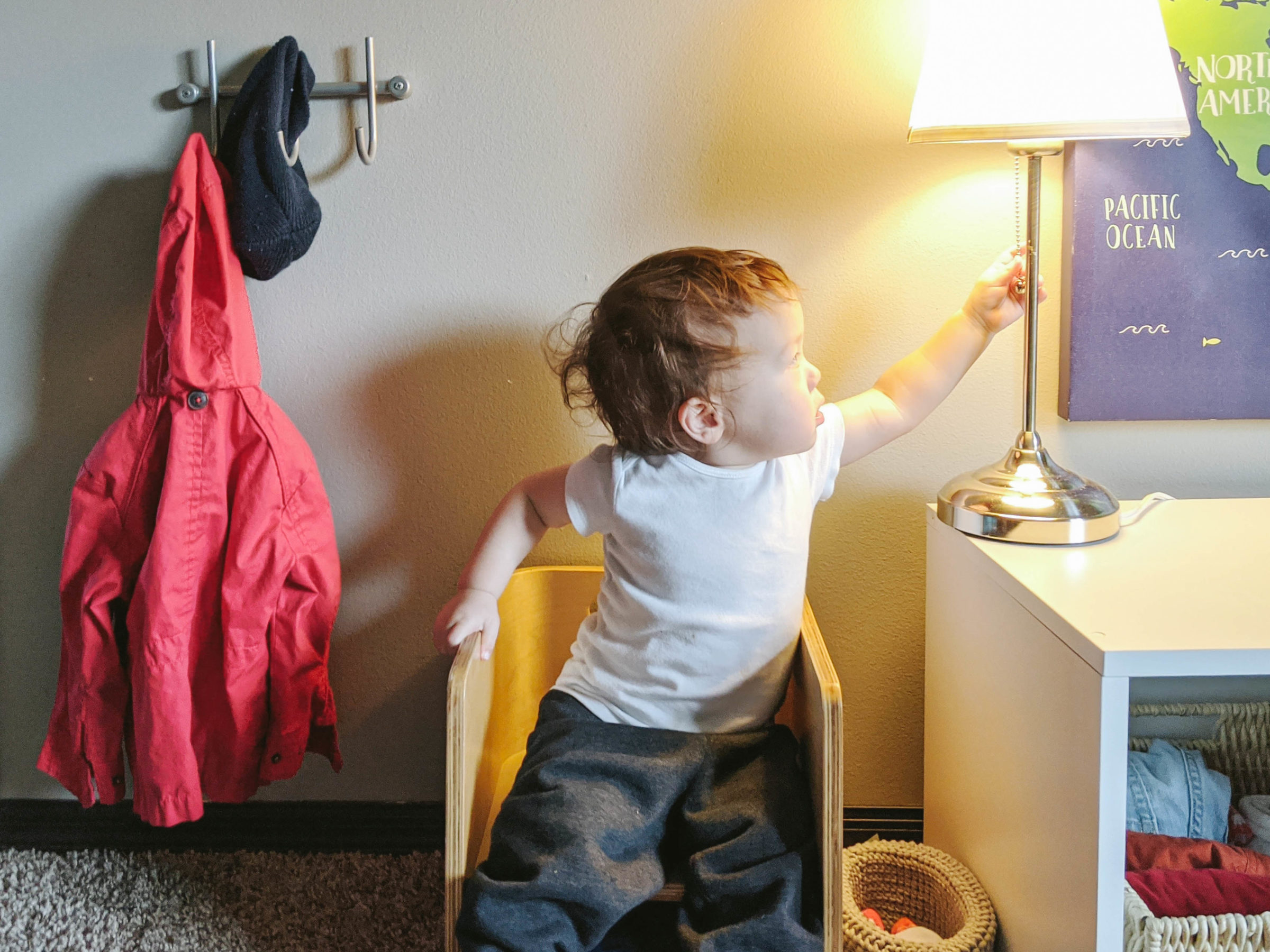Is Grit an Adult Problem?
Thoughts & Reflections
Tenacity. Confidence. Grit. We talk a lot about these characteristics, both internally and publicly. We love grit. Recently, we recorded a podcast on Developing Tenacity, and we encourage its growth even with our youngest students, as early as 14 months. We talk with prospective families about how early work in the Practical Life area helps children develop confidence and strength in their abilities, and in themselves.
But why do we want children to develop grit? Is this a quality we don’t see in ourselves, that we wish our children to embody? Does the development of grit require a tough, cold, demanding atmosphere? Is grit an adult problem? We thought we would delve deeper into this controversial topic.
Each child is unique. Some children are naturally more empathetic, tearing up when another child falls. Some children are born courageous, jumping into new situations eagerly. In a Montessori classroom, we relish these unique capacities, and the familial nature of the mixed-age environment, as well as the one-on-one education, provide opportunities for each child to grow further into their strengths, as well as feeding opportunities to grow qualities which might not be the first which a child expresses.

Though we do value, LOVE, the unique capacities of each child, there are certain qualities we see as leading to success, both academically and as a citizen of the world. We help children develop compassion and empathy. When a younger child struggles with a new material, a slight smile to a hovering older child encourages them to offer help and encouragement. Younger children are empowered to help, to contribute to the greater good. Later, when they are the more experienced child, they will remember being helped, and will be happy to now be able to help someone else, to stretch their expertise- and compassion-muscles for good use.
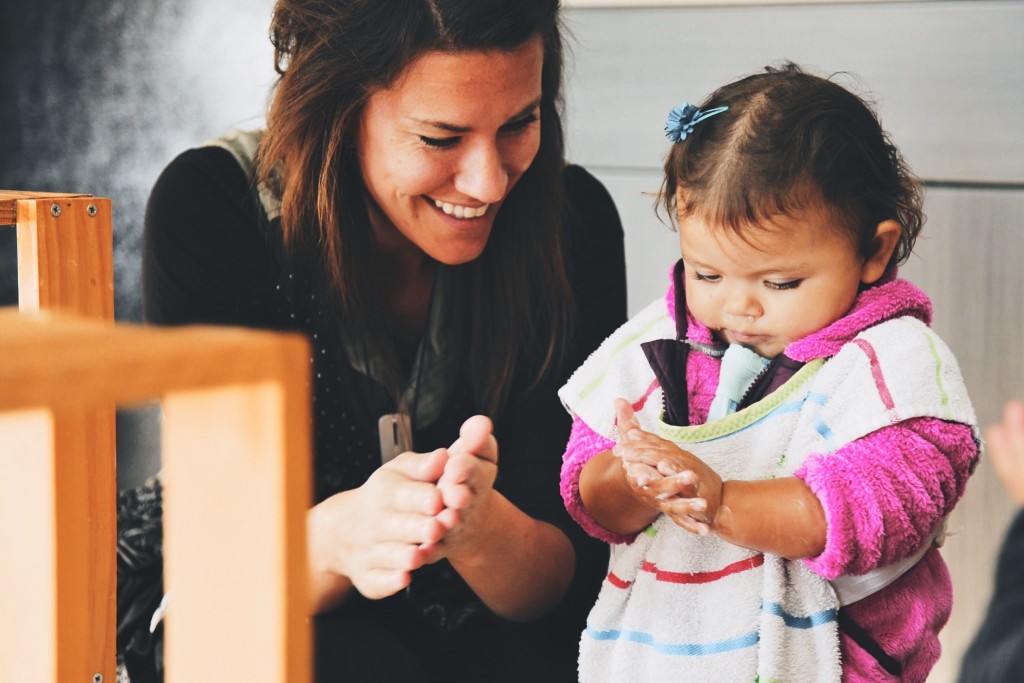
No one is ever told they are too little to help clean up a spill, or to try to put on their own mittens, or to struggle with something they feel themselves capable of achieving. If a child feels important, like they matter, like they contribute to the greater good, why would they ever feel the need to make another feel poorly? Children are born empathetic; infants in nurseries cry simply because they hear another infant cry, babies very early on start mimicking the mouth movements they see from those nearest and dearest to them. At some point, though, this empathy wanes a bit, perhaps in response to the strong, Id-driven nature of Toddlerhood. It’s all about “me,” and for good reason! Our responsibility, teaching and living in the community-based Montessori classroom, is to usher in empathy’s reemergence.
Grit, determination, tenacity, confidence are all grown in the same manner. Learning to stand and to walk, figuring out how to talk or to feed yourself are all huge accomplishments for a young child. They needed grit to never give up; it is a quality they are born with. When learning to walk, they fall countless time, but never give up. They might end up with applesauce from top to bottom in the drive to feed themselves, but that spoon will eventually meet their mouth. At some point, they fail, perhaps in a minor way, but in a way of which they are most acutely aware. This small speck of fear, of pain, showed them that they had limits, which could, in terms of evolution, be something that saves them. But sometimes this fear can grow, it can breed a tentativeness around new experiences, a worry of failure that does not need to be proven to be believed in wholeheartedly.
This is where grit enters the conversation.
Grit is not needed when there is no fear of failure. Most of us no longer need tenacity in order to stand up and walk. Determination is required when there’s that little nagging voice saying, “Ooh, this might be a little more challenging than you can handle.”
It does not develop because of fear or pain or necessity. It develops in the Montessori classroom because of love. There is a dear trust between the Montessori guide and the student, one that quiets that mean voice with a whisper, “I will not give you more than you can handle. I will be here to catch you if you fall.” This voice grows into courage. It might begin with a Dressing Frame with five oversized buttons, but it is the same determination that is required for counting the Long Seven Chain, or for reading labels for phonograms and matching them to objects. Just as a child believes himself capable of helping a friend clean a large spill, he believes himself capable of doing hard things. Tenacity is not something we require of our children as a punishment. Compassion and grit go hand-in-hand. We love our students, and we support and encourage them into the belief that they are capable of absolutely amazing things, even things that are hard.
“Grit is not needed when there is no fear of failure.”
The world has changed so much in the past ten years, we cannot begin to imagine what it might look like in twenty years when these young children are starting to make their way in the adult world. But we can prepare them with strong academic skills, a desire to ask big questions and seek whole answers, and characteristics, such as grit, which will aid them along their way, no matter what the world looks like.
Written by:
Charlotte Snyder
